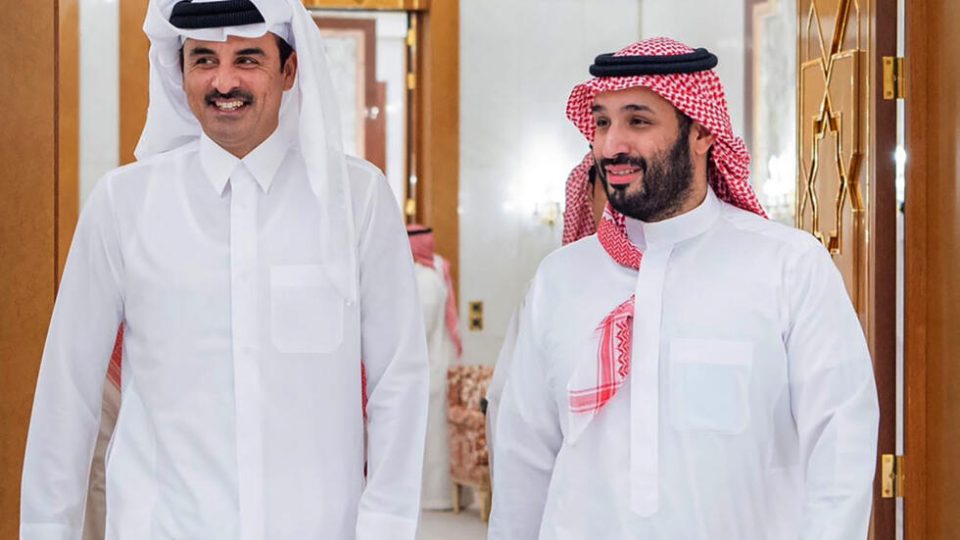Arab and Muslim leaders have condemned Israel’s ruthless attacks in the Gaza Strip and called for an immediate ceasefire. Simultaneously, they have urged swift international intervention to address the ongoing conflict. However, there is no unanimous agreement among them on taking punitive economic or political measures against Israel.
Amid the continuing conflict between the armed Palestinian group Hamas and Israel, an emergency summit was held in Riyadh, the capital of Saudi Arabia, on Saturday. Leaders from the Arab League (22 member states) and the Organization of Islamic Cooperation (OIC) member countries (57) participated in the summit. The emergency summit was convened in response to the escalating tensions surrounding Israel’s indiscriminate attacks in Gaza, which have sparked global outrage.
Since October 7, Hamas has been launching attacks in Israel, leading to an ongoing military response from the Israeli forces in Gaza. In the 36 days since the conflict began, over 11,800 Palestinians, mostly women and children, have lost their lives in Gaza. Israel claims it is acting in self-defense to counter the attacks from Gaza.
The summit concluded with a joint statement rejecting Israel’s claims and urging unrestricted humanitarian assistance to Gaza. Additionally, a demand was made for the establishment of a “binding” resolution at the United Nations Security Council to ensure the cessation of Israeli aggression.
Saudi Arabia’s Crown Prince Mohammed bin Salman criticized Israel’s actions, holding them responsible for the crimes committed against the Palestinian people. At the same time, Iranian President Ibrahim Raisi stated that the military forces of Muslim countries should be recognized as terrorist organizations for their attacks in Gaza.
President Mahmoud Abbas of Palestine, addressing the summit, expressed concerns about genocide against the Palestinian people and called for international support to ensure their safety. Syrian President Bashar al-Assad emphasized that meaningful action against Israel is necessary to make the summit meaningful. He stated, “If we don’t have the means to pressure Israel, whatever steps we take or statements we make will be futile.”
President Recep Tayyip Erdogan of Turkey, not revealing identities, mentioned that some Arab coalition members threatened to cut off oil supplies to Israel. At the same time, countries with diplomatic relations with Israel in the Arab League voted against the proposal. However, the proposal was rejected by at least three countries, including the United Arab Emirates and Bahrain.
The summit revealed divisions among Arab and Islamic countries regarding measures against Israel. Still, it was decided to cancel any further details for the time being. The participating nations expressed their determination to address the ongoing crisis in the region and called for international cooperation for a lasting solution.
Rabah Saif Alam, a specialist in Middle Eastern studies at the Cairo Center for Strategic Studies, noted that the lack of unity among Arab and Iranian-aligned countries, who are key US allies and pro-Iranian countries, would not lead to a quick resolution.

